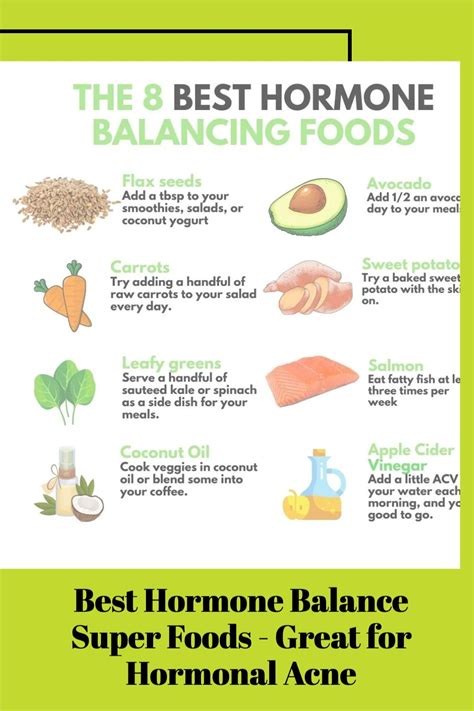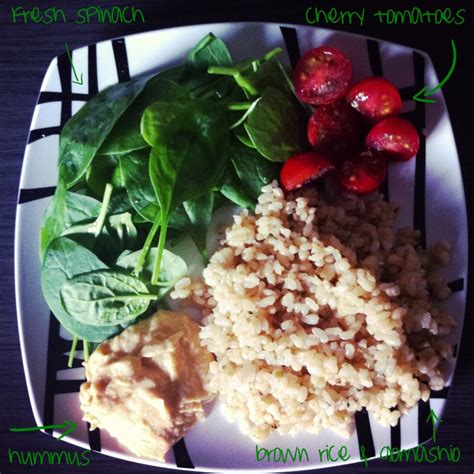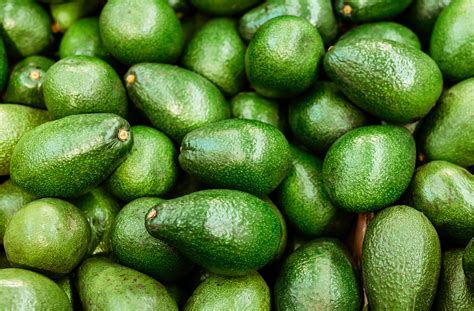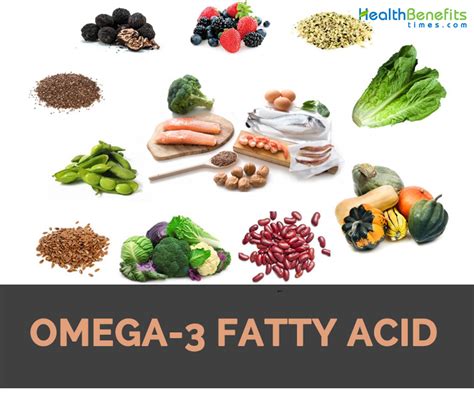Optimize testosterone: What specific fats should men add for hormonal balance & vitality?

The Indispensable Role of Dietary Fats in Male Hormonal Health
In the quest for optimal male health, vitality, and hormonal balance, few dietary components are as misunderstood yet crucial as fats. Often demonized, the right types of fats are not just sources of energy but fundamental building blocks for hormone production, particularly testosterone. For men seeking to naturally optimize their testosterone levels, a strategic approach to fat intake is not merely beneficial—it’s essential. This article delves into the specific fats that should be embraced to support robust hormonal health.

Why Fats Are Non-Negotiable for Testosterone Production
Testosterone, the primary male sex hormone, is a steroid hormone, meaning it’s derived from cholesterol. Cholesterol, in turn, is a type of fat. Without sufficient healthy fats in the diet, the body lacks the raw materials required to synthesize adequate levels of testosterone. Beyond raw material provision, certain fats also play roles in reducing inflammation, improving insulin sensitivity, and supporting overall cellular function—all indirect but vital contributors to a healthy endocrine system.
Monounsaturated Fats (MUFAs): Your Hormonal Allies
Monounsaturated fats are renowned for their heart-healthy benefits, but their impact on testosterone is equally significant. Research indicates that diets rich in MUFAs can positively influence testosterone levels. These fats help maintain cholesterol fluidity, which is crucial for the efficient transport of cholesterol into the cells where testosterone is synthesized.
Top MUFA Sources to Incorporate:
- Avocados: A powerhouse of healthy fats, fiber, and essential micronutrients like magnesium and zinc, both critical for testosterone production.
- Olive Oil (Extra Virgin): A cornerstone of the Mediterranean diet, EVOO is packed with MUFAs and antioxidants, contributing to overall health and hormonal regulation.
- Nuts (Almonds, Pecans, Hazelnuts): Excellent sources of MUFAs, vitamins, and minerals that support metabolic and hormonal pathways.
- Seeds (Sesame, Pumpkin): Also provide MUFAs along with zinc, crucial for male reproductive health.

The Nuance of Saturated Fats: Quality Over Quantity
While often grouped with “bad” fats, certain saturated fats from whole, unprocessed sources are vital for hormone production. The body needs saturated fats to create cholesterol, and subsequently, testosterone. The key lies in moderation and source quality, avoiding highly processed versions.
Beneficial Saturated Fat Sources:
- Red Meat (Grass-Fed): Provides not only saturated fat but also cholesterol, zinc, and Vitamin D, all integral to testosterone synthesis. Opt for grass-fed to minimize inflammatory compounds.
- Egg Yolks: A fantastic source of dietary cholesterol, Vitamin D, and choline, offering a complete nutritional profile supportive of hormone health.
- Coconut Oil: Rich in medium-chain triglycerides (MCTs), which are easily metabolized and can support metabolic health without contributing to cardiovascular risk when consumed in moderation.

Omega-3 Fatty Acids (PUFAs): The Anti-Inflammatory Boost
Polyunsaturated fats, particularly the Omega-3 variety, are critical for reducing systemic inflammation, a known suppressor of testosterone. Chronic inflammation can disrupt the hypothalamic-pituitary-gonadal (HPG) axis, leading to lower testosterone levels. Omega-3s help to balance the body’s inflammatory response, creating a more favorable environment for hormone production.
Key Omega-3 Sources:
- Fatty Fish (Salmon, Mackerel, Sardines, Herring): Rich in EPA and DHA, the most bioavailable forms of Omega-3s. Aim for 2-3 servings per week.
- Flaxseeds & Chia Seeds: While providing ALA (which converts to EPA/DHA less efficiently), they are still valuable plant-based sources, offering fiber and other nutrients.
- Walnuts: Another good plant-based source of ALA.

Fats to Limit or Avoid for Hormonal Harmony
Just as some fats boost testosterone, others can hinder it. Trans fats, often found in processed and fried foods, are highly inflammatory and detrimental to overall health and hormone function. Excessive intake of highly refined vegetable oils (e.g., soybean, corn, cottonseed oil), rich in Omega-6s, can also skew the Omega-6 to Omega-3 ratio, promoting inflammation if not balanced.
Focus on whole, unprocessed sources of fats and avoid anything hydrogenated or partially hydrogenated.
Beyond Fats: A Holistic Approach
While specific fats are pivotal, optimizing testosterone is a multi-faceted endeavor. Adequate sleep, regular resistance training, stress management, and limiting alcohol intake are all critical components that work synergistically with a fat-smart diet to support peak hormonal health and vitality. Integrate these dietary fat recommendations into a broader healthy lifestyle for the best results.

Conclusion: Fueling Your Vitality with Smart Fat Choices
Embracing the right types of fats is a cornerstone of any strategy aimed at optimizing testosterone levels and enhancing male vitality. By prioritizing monounsaturated fats, smart sources of saturated fats, and abundant Omega-3 fatty acids, men can provide their bodies with the essential raw materials and anti-inflammatory support needed for robust hormonal health. Make informed fat choices, and take a significant step towards a more energetic, balanced, and vital life.








